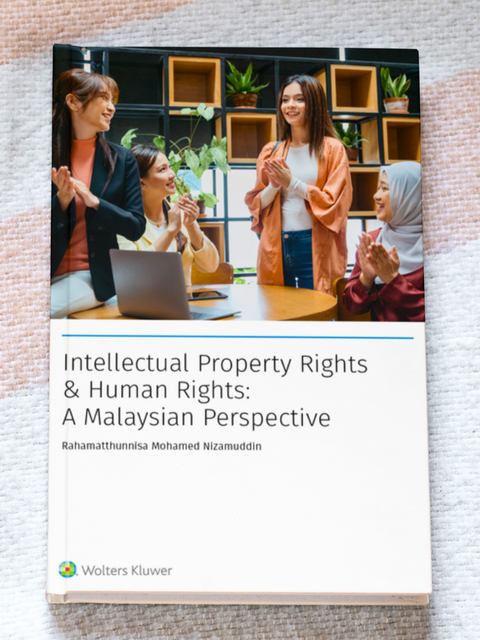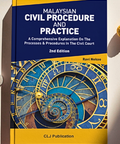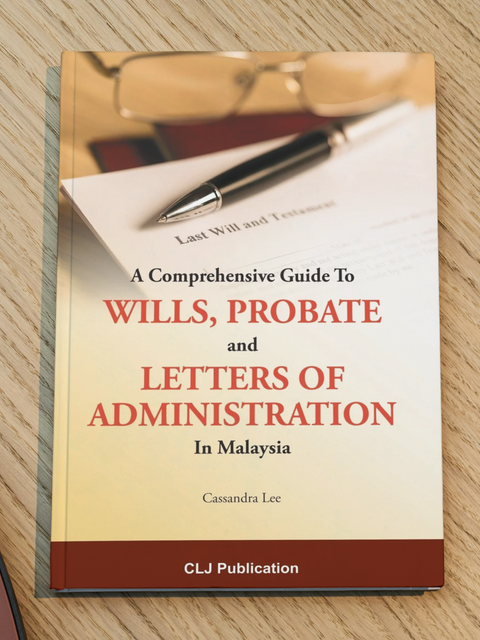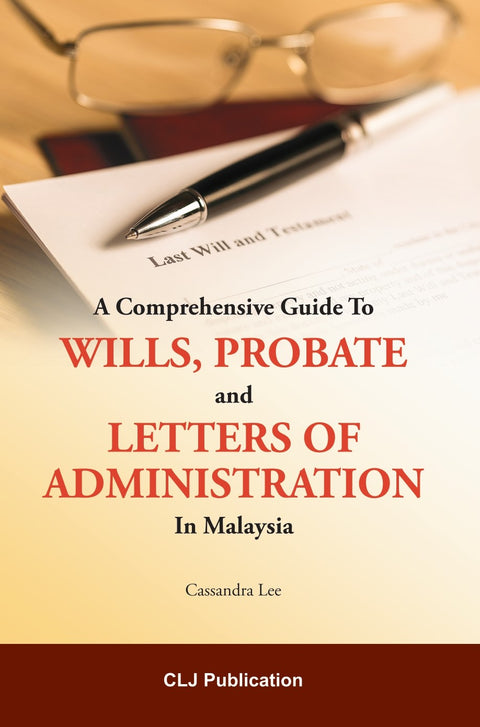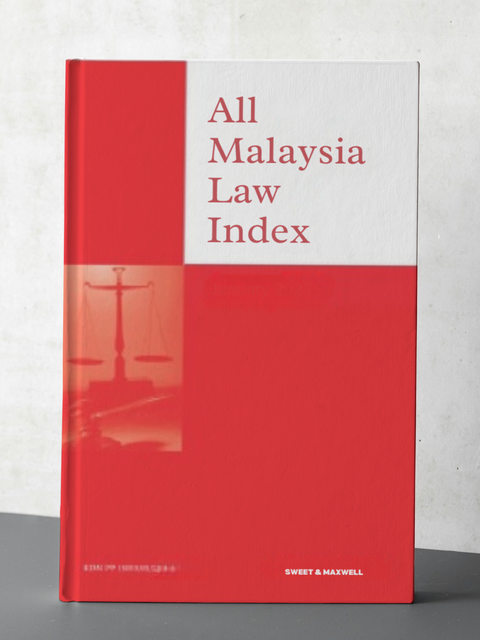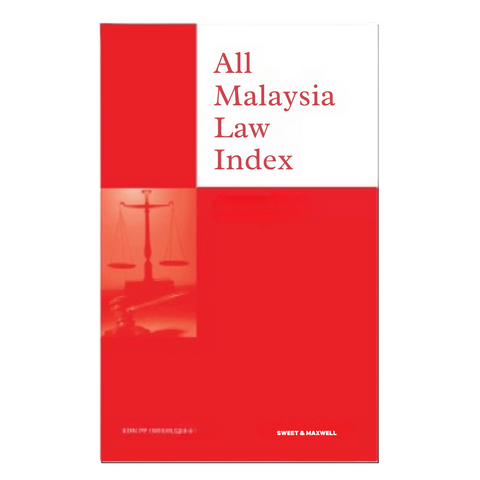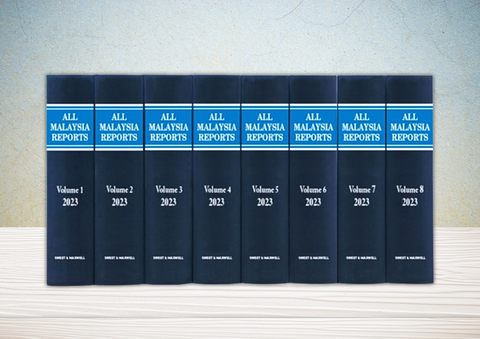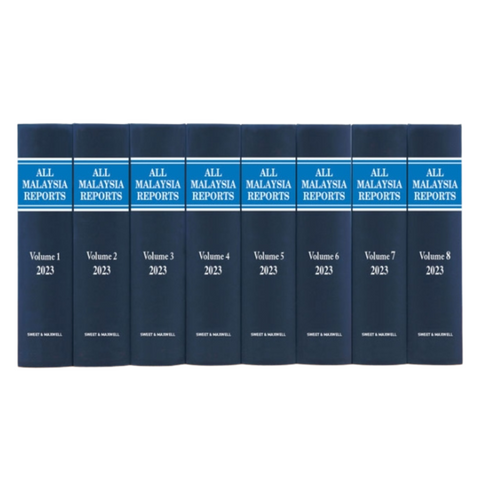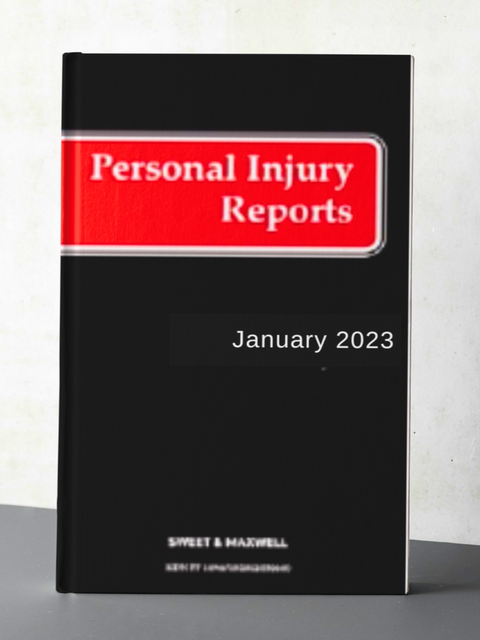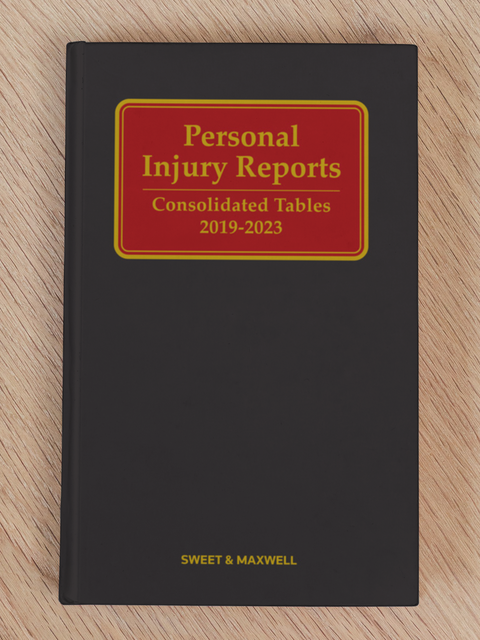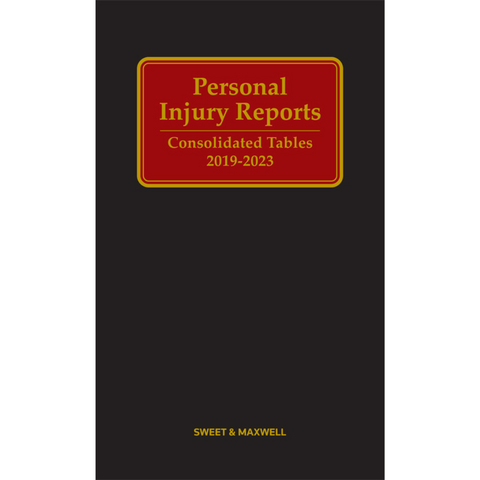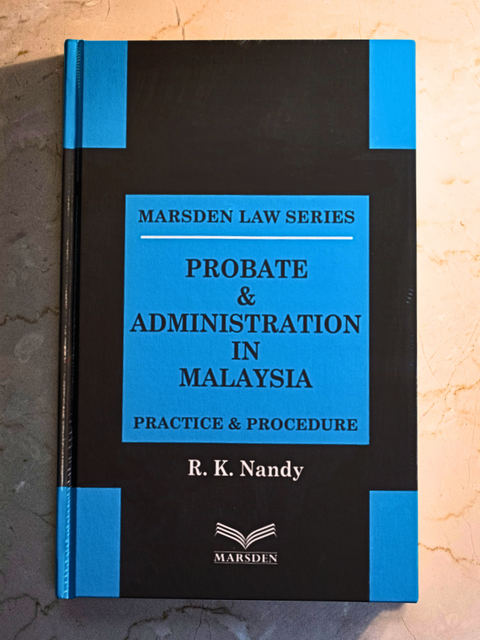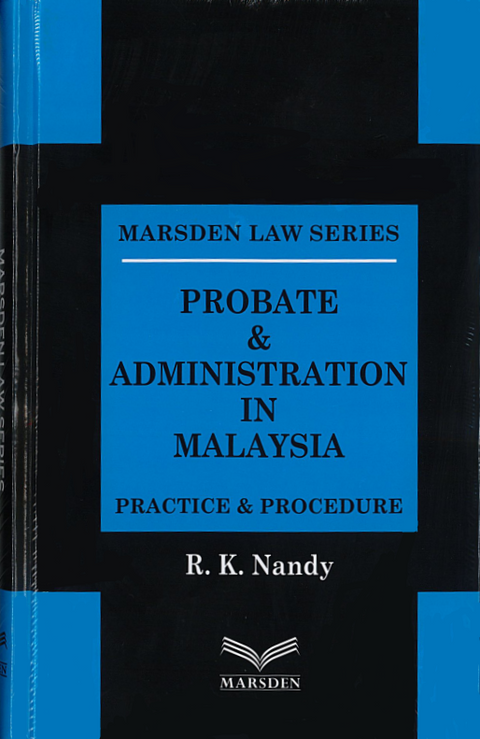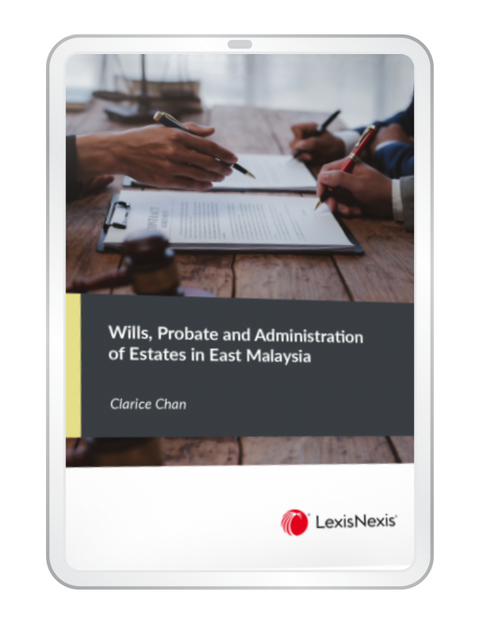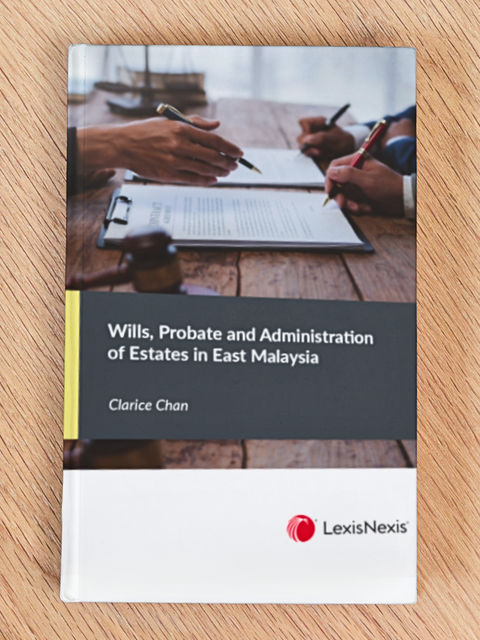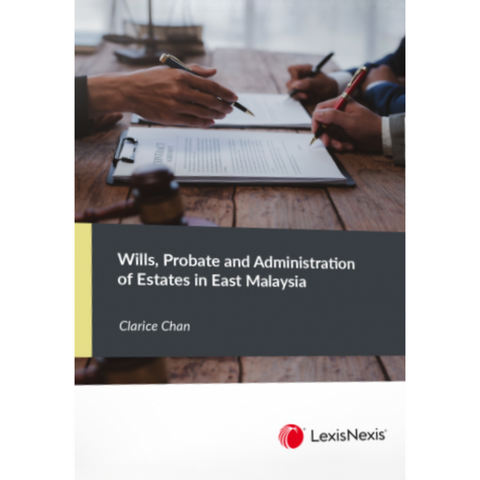




Nelson's Law of Injunctions, 10th Edition
Nelson's Law of Injunctions, 10th Edition
| Author | Nelson |
| Publication Date | 2023 |
| ISBN | 8171110994 |
| Format | Hardcover |
| Publisher | Law Publishers (India) Pvt. Ltd. |
Table of Contents
CHAPTER:-
I. The nature, purpose and history of Injunctions, definitions and preventive relief
II. The jurisdiction in injunction--The three essential--Alternative
jurisdiction
III. The discretion of the Court-The rule guiding the discretion and
its exception The discretion of the Courts in India
IV. Injunctions, temporary or perpetual--Perpetual injunctions in general--Temporary injunctions when cannot be granted
V. Mandatory Injunctions; Specific Relief Act, Sec. 39; Injunctions relating to threatened injuries; Injunctions relating to wrongs other than those connected with contracts and property; Defamation
and status
VI. Perpetual Injunctions in relation to contracts-A means of specific performance -Express negative terms -Covenants in restraint of trade--Implied negative terms
VII. Perpetual Injunctions in relation to contracts
VIII. Perpetual Injunctions in relation to property, trespass; nuisance
in general, Nuisance by Air, Noise, use of premises, Highways, Water, Support, Waste, Easements and Light, etc.
IX. Injunctions in relation to property-Trade-Marks and names,
Patens and Designs, Copyright, Trusts, Co-owners, etc.
CONSOLIDATED INDEX OF VOLS. I AND II
Principles governing grant of interlocutory injunction. Section 12 (3) of the Human Rights Act, 1998 makes the likelihood of success at the trial an essential element in the Court's consideration of whether to make an interim order. But in order to achieve the necessary flexibility the degree of likelihood of success at the trial needed to satisfy Sec. 12 (3) must depend on the circumstances. There can be no single, rigid standard governing all applications for interim restraint orders. Rather, on its proper construction the effect of Sec. 12 (3) is that the Court is not to make an interim restraint order unless satisfied the applicant's prospects of success at the trial are sufficiently favourable to justify such an order being made in the particular circumstances of the case. As to what degree of likelihood makes the prospects of success 'sufficiently favourable', the general approach should be that Courts will be exceedingly slow to make interim restraint orders where the applicant has not satisfied the Court, he will probably (more likely than not) succeed at the trial. In general, that should be the threshold an applicant must cross before the Court embarks on exercising the discretion, duly taking into account the relevant jurisprudence on Art. 10 and any countervailing convention rights. But there will be cases where it is necessary for a Court to depart from this general approach and a lesser degree of likelihood will suffice as a prerequisite. Circumstances where this may be so include those mentioned above, where the potential adverse consequences of disclosure are particularly grave, or where a short-lived injunction is needed to enable the Court to hear and give proper consideration to an application for interim relief pending the trial or any relevant appeal.
Latest releases
Get your copy today!